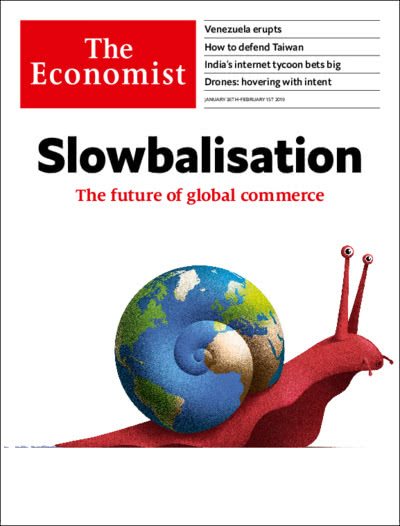As we take stock on our World, our team called up this from our archives courtesy of Peter Diamandis to take stock of where we've been and the possibilities. This is as we also note that the gap between the rich and the poor continues to widen underscored by the Chair of the US Federal Reserve recently:
We forget how fast the world is changing today.
As we ring in the New Year, let’s take a brief look back 100 years ago to 1919, as a means to truly appreciate the extraordinary world we live in today.
First, the bad news:
Proportional to the Earth’s population today, this would be the equivalent of a death-toll ranging between 200 - 350 million people. Absolutely devastating, and a reminder of how lucky we truly are today in the twenty-first century.
On the positive side, while progress was glacial in speed, here’s everything I could find that would count as “Innovation in 1919”:
What were the major technological inventions of 1919? There were two of them…
In comparison (at least technologically) we have more achievements per hour today, than 1919 had in the entire year. We are truly living during the most extraordinary time ever.
So, how much difference can 100 years of progress make? A LOT.
AND, as we march toward the Singularity, it’s important to realize that the speed of change is accelerating… and every aspect of how we live our lives will change in the next decade.
In the next 10 years, those surfing on the tsunami of change (rather than getting crushed by it) will create more wealth than was created in the past century.
Every industry will be transformed… and how we raise our kids, run our companies and lead our nations will change as well.
You can be fearful of change, or you can realize it is happening and harness it.
For those prepared, exponential change will help us digitize, dematerialize, demonetize and democratize access to energy, transportation, education, health, knowledge and communications.
Technology will turn that which was once scare into abundance, over and over again.
So, as you charge into 2019, remember that “the best way to predict the future is to create it yourself.”
Warmest wishes and Happy New Year,
Peter
We close out this notation with this:
| ||||||||||||||||||||||||||||||||||||||||








